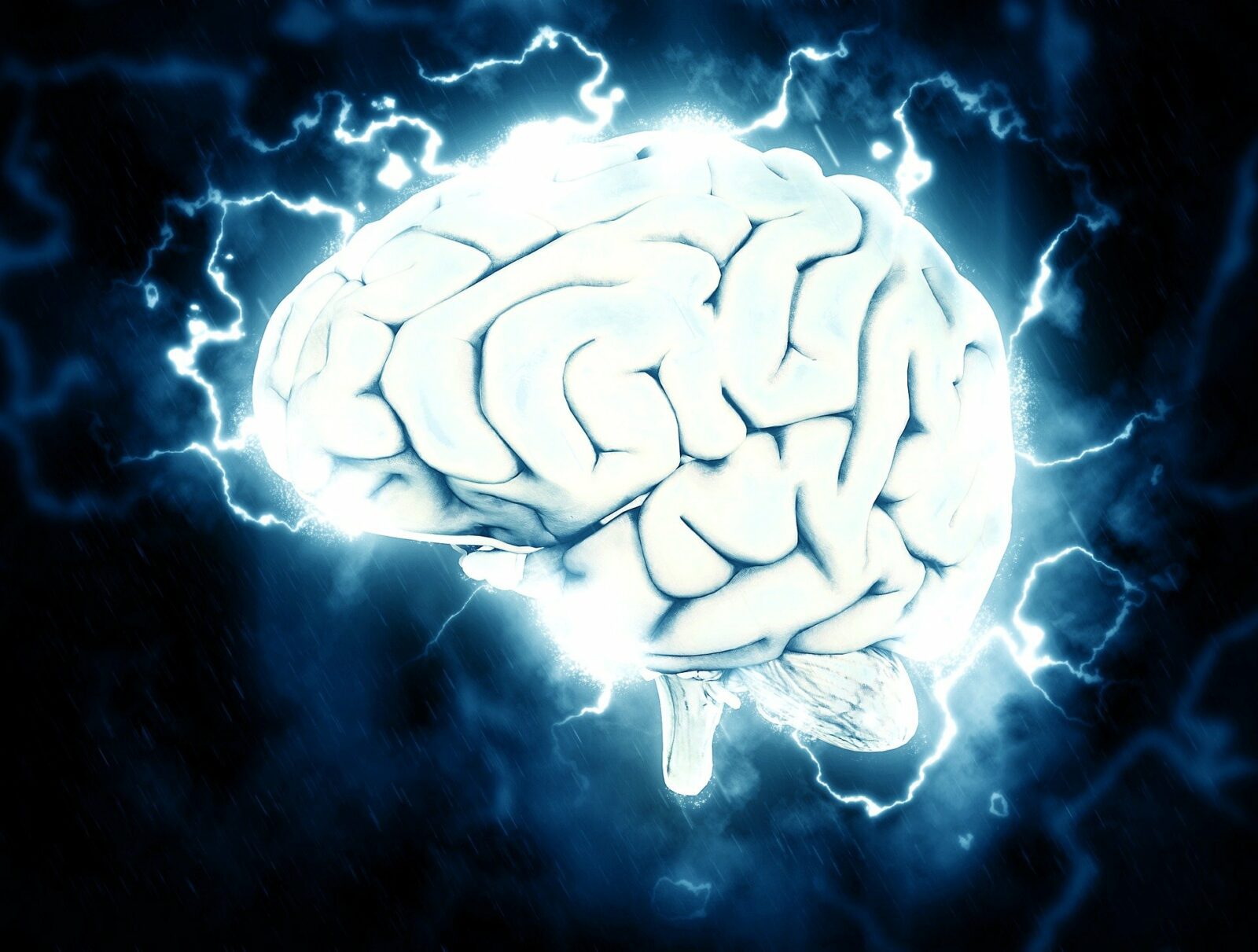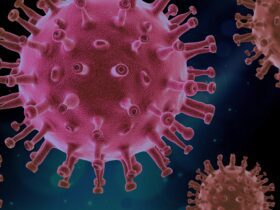The feelings of joy, satisfaction, and even love have a lot to do with various chemicals doing their thing in our brains. Dopamine is one of the chemicals that make us have the feeling of contempt as soon as we achieve something important for us, or when we expect a reward for something.
Researchers from the Bruchas Lab of the UW Medicine have tried to understand more about the reward system of the brain.
New paths for understanding reward circuitry in brains
The researchers analyzed how things go in the brains of mice. They found that some long-range GABA neurons from the little creatures are engaged in both reward and reinforcement behavior.
Dr. Michael Bruchas, who is a corresponding author working at the University of Washington School of Medicine, declared as quoted by SciTechDaily.com:
This study opens new avenues to understanding reward circuitry that might be altered in abuse of nicotine, opiates or other drugs as well as neuropsychiatric diseases that affect reward processing including depression.
The researchers discovered that GABA neurons are representing 30% of the cells from the VTA, meaning the midbrain.
Raajaram Gowrishankar, who is co-lead author of the new study, declared as also cited by SciTechDaily.com:
What we found are unique GABAergic cells that project broadly to the nucleus accumbens, but projections only to a specific portion contribute to reward reinforcement.
Our bodies naturally produce dopamine, and our nervous system uses this type of neurotransmitter to send messages between neurons. There’s no wonder why dopamine is also known as a chemical messenger.
Dopamine also plays crucial roles in functions of the central nervous system such as mood, attention, movement, and motivation. Therefore, you’ve already guessed that boosting those dopamine levels is very important. You can do so through simple actions such as spending time in the sun, getting enough sleep, or working out.
The new study was published in Nature Neuroscience.












Leave a Reply